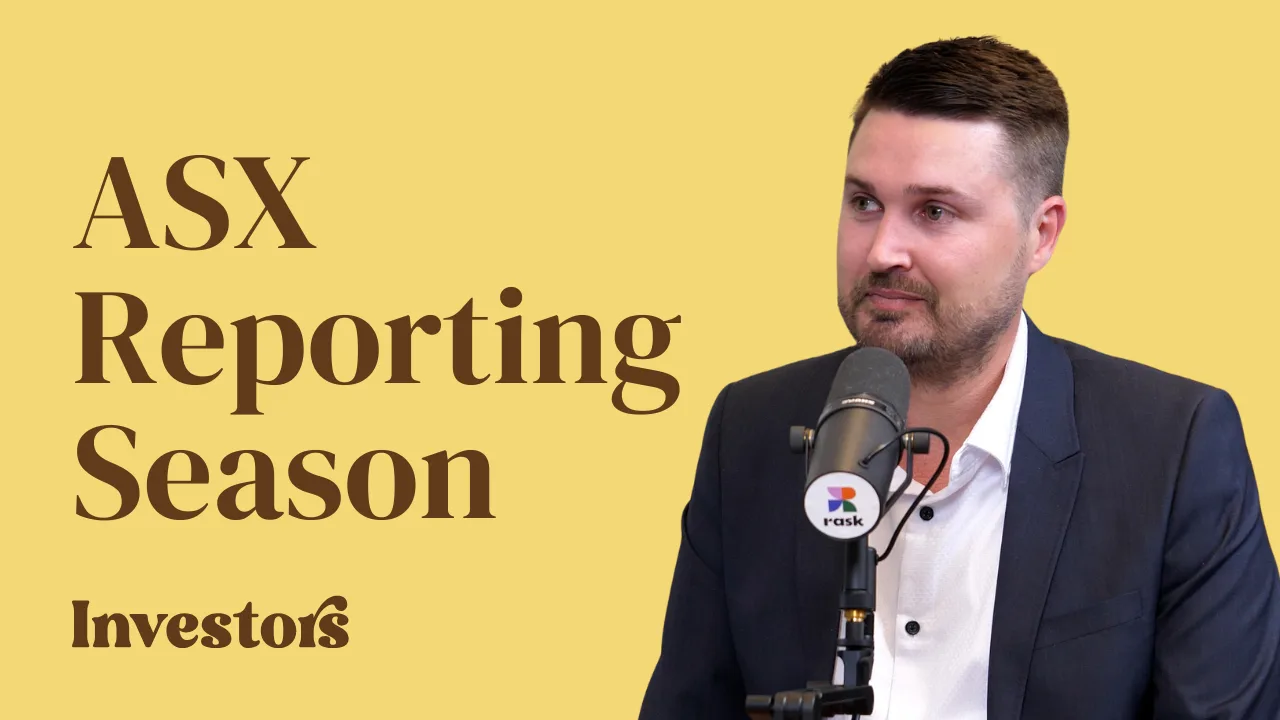Afterpay Touch Group Ltd (ASX: APT) has caught the attention of investors, retail operators and consumers alike.
It’s a fact that for investors, Afterpay Touch Group, the owner of the Afterpay app, has risen rapidly over the past few years as more consumers demand to see it.
For merchants and retailers, Afterpay Touch says the app adds value to their business. So even though it costs the retailer to use it to process payments, the added business earned by having Afterpay as a payment option actually helps their business on a net basis.
For consumers, Afterpay’s simple, convenient, helpful and cost-effective payment solution makes it a no-brainer for different types of consumers. For example, those who use it because they have exhausted other payment options, those who use it to budget, etc.
This article focuses on the psychology behind payment apps like Afterpay, and how — in my opinion only — it may compel you — wrongly or rightly — to just “Afterpay it!”.
[emaillocker]
Instant Gratification
Using ‘old school’ layby purchases will have you pay in installments and wait to receive the product. Studies show there are a few powerful behavioural forces at work.
Afterpay flips the layby system on its head and plays into instant gratification.
For example, whether you like it or not, your mind says, “I like that new dress”.
Typically, the costliest purchasing decisions force us to ‘buy emotionally, justify logically’.
“I like that new dress [emotion]… but I’ll wear it more than once [logic].”
The person may not have the money — so they know they shouldn’t buy it — but they need to know for sure, so they justify reasons to buy it.
This is commonly called “the Power of Now” and is often considered to be the most powerful consumer persuasion technique.
Payment providers know the combined biases of the ‘power of now’ and ‘certainty’ overwhelm the opposite forces, which could be called prudence.
Behavioral Nudge
There are genuine reasons why layby works. One reason: If you drool, it’ll taste better.
It’s been shown that children, for example, get more pleasure/happiness by fantasizing about a new Barbie than they will if they get it there and then.
As Elizabeth Dunn and Michael Norton write in Happy Money, “Nearly all of the pleasure that Deb got from Teacher Barbie came before she received the doll”.
In other words, the experience is the most important happiness factor.
Tip: take your time when making a lifestyle purchase. Give yourself 3 days before buying. It’ll make it ‘taste better’.
Afterpay: The Anti-Venom For Scarcity
Scarcity is the principle used by most sellers to bait your impulsiveness — and payment platforms know it, too.
“Limited stock”, “Sale Ends… [never]” or “Going out of business.”
Creating this sense of urgency is the rocket behind all of your other emotions.
“If I don’t buy it now…” [stares into the empty wallet] “…hang on, I’ll Afterpay it!”.
Not only are you being hit with the full force of scarcity, but you also have the anti-venom right there in your pocket!
“What the heck are you waiting for — use it!”
Behavioral Nudge
Abundance is the enemy of appreciation. The more there is, the less you like it. But the scarcity principle works both ways.
So set yourself a budget for lifestyle spending when you get paid. That way, you’ll make it a treat.
Commitment & Consistency
Once you’re using Afterpay, you may as well keep going… right?
This is one of the oldest principles in persuasion. It’s not specific to Afterpay but it’s super-effective.
As Professor Robert Cialdini wrote in 70’s, once you get someone to commit to something it’s easier to compel them to act in accordance with that action.
When I worked in a high-flying finance role people would say to me, “I’m nothing if not consistent”.
You’ve probably heard it before.
I didn’t say this at the time (though I should have): “Well, that’s silly because if you were wrong the first time you’re just making the same mistake for no reason.”
I’m preaching to the choir, but if you can’t afford something now by definition you can’t afford something now. But once you have fallen into the world of credit, it’s easier to keep digging.
In the Second World War, prisoners of war were given a piece of paper and told to ‘write something’. The POW’s eventually stopped resisting and thought, ‘well, it’s only a letter’.
Next, they were told, “we’ll let you send that letter home to your loved ones if you write this one line from us”.
Then it was, “tell them how good you’re being treated.” Finally, “tell them the war is wrong and you’re siding with us”. Eventually, the POW’s were treated as traitors.
So why is this important?
If you’re in credit trouble, or you can’t afford something, the best advice to someone digging a debt hole is “stop digging”.
Afterpay may be a ‘budgeting tool’ for some. But if you’re not careful, sooner or later your ‘current budget’ will become your ‘four equal installments budget’.
Behavioural Nudge
The money we owe to others is a more powerful predictor on our happiness than what we make or keep for ourselves. For example, Brown, Taylor, and Price (2005) showed UK households with higher levels of debt have lower levels of happiness.
I think your best defence against the dark arts is to avoid using credit or payment platforms altogether. As a bonus, paying for items with cash or debit has been shown to produce fewer impulse purchases. All that means: longer term, it might also save your marriage or relationship.
Tip: Cut up the cards, delete the app and go to the park with a friend or loved one rather than buying the dress.
Summary
These are just a few of the persuasive techniques that salespeople, retailers, credit providers and payment platforms purposefully — or inadvertently — use to manipulate our minds to spend. I use them for my businesses! There are many others (social proof, certainty, cognitive dissonance, etc.).
This article is not a dig at Afterpay. Indeed, the idea to create a payment solution can begin with a pure motivation, and many have come and gone before it.
Unfortunately, I know it doesn’t always end well for the consumer — especially those who are vulnerable. That’s why we have consumer protections and is my motivation for writing this article.
I touched on Afterpay in more detail in this article.
[/emaillocker]
The Best* Finance Podcast On Earth
The Rask Group’s Australian Investors Podcast is fast becoming Australia’s #1 podcast for serious investors. It provides unique insights from Australia’s best investors, entrepreneurs, authors and financial thinkers. Download the latest episode free on iTunes, Castbox, YouTube or wherever you choose to listen.
Here’s a timeless interview with leading stockbroker, Charlie Aitken.
*As voted by us
Disclaimer: This article contains general information only. It’s an article about behavioural psychology.












